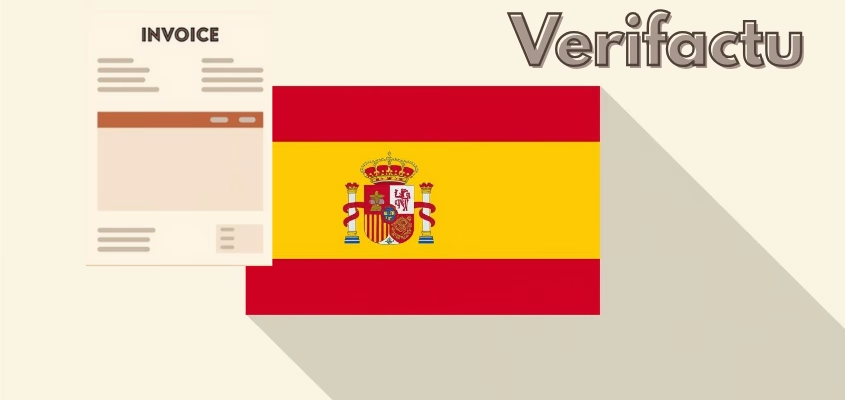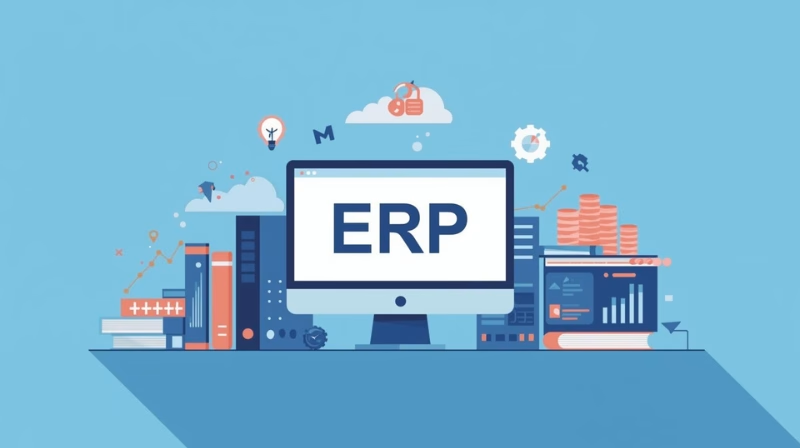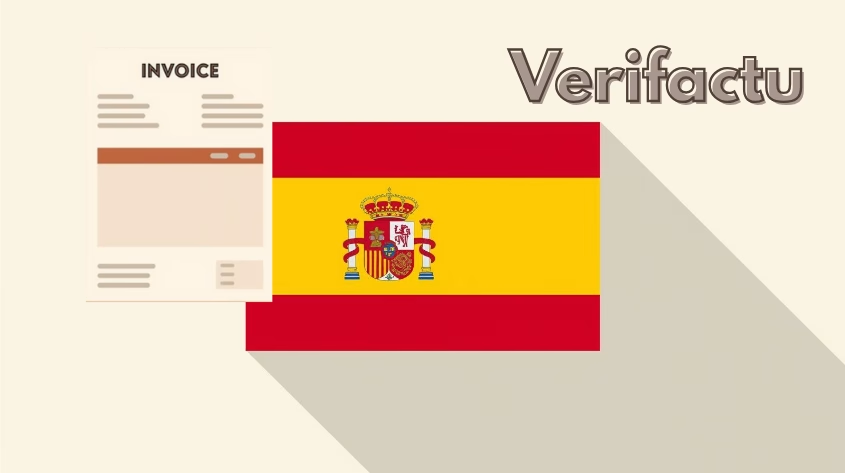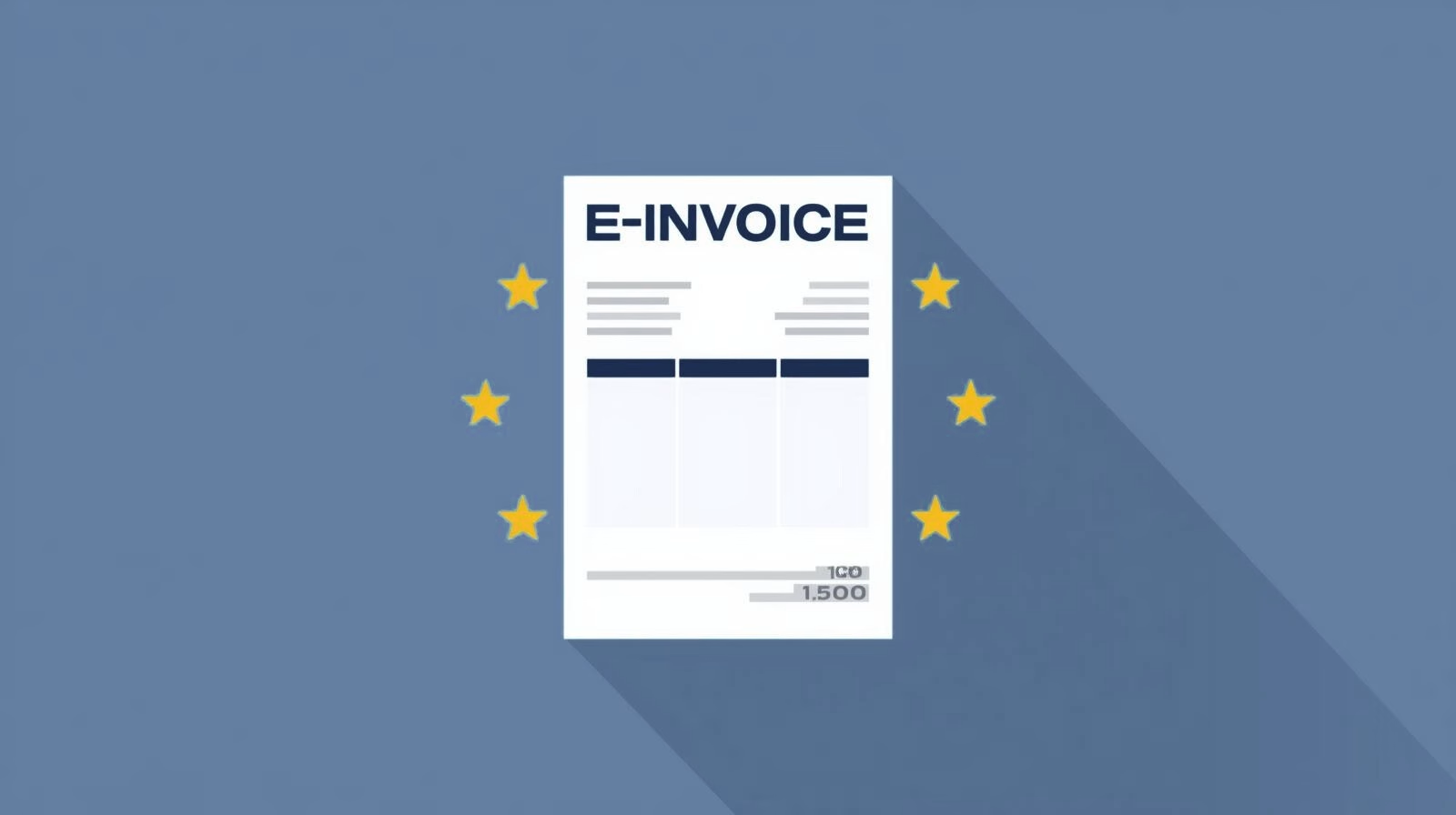Spanish companies are facing a turning point in their digital accounting. Royal Decree 1007/2023 and Regulation HAC/1177/2024 oblige almost all companies to convert their invoicing systems. This regulation, known as Verifactu, requires the complete digitalisation and traceability of all invoicing processes. Companies must therefore ERP systems or replace them in order to fulfil the legal requirements in good time. The deadlines are approaching and require concrete action.
What does Verifactu mean for your company?
Verifactu forms the legal framework for digital invoicing in Spain. The regulation obliges companies to document every invoice issued in a traceable, integer and unalterable manner. Consequently, all invoice data must be verifiable by the Spanish tax authority AEAT at all times.
The regulation pursues several key objectives. Firstly, it is intended to effectively prevent tax fraud and invoice manipulation. In addition, it enables the AEAT to check issued invoice data in real time or on request. In addition, the system promotes an environment of trust between companies, customers and administration through secure technologies such as electronic signatures and QR codes.
The regulation is based on the recommendations of the OECD and the European Union. It therefore not only modernises the accounting and tax administration, but also improves the administrative efficiency of companies. It also makes it much easier to connect to the AEAT's electronic platforms.
Which companies need to implement Verifactu?
The Verifactu Regulation basically affects all natural and legal persons who carry out economic activities and issue invoices via ERP systems or invoicing programmes. The size of the company or sector to which it belongs is irrelevant.
Specifically, this includes several types of companies. Self-employed persons, micro-enterprises and SMEs must comply with the regulations if they use an ERP system or specialised invoicing software. Large companies with business management systems are also covered by the regulation. Verifactu also applies to freelancers such as lawyers, architects or consultants who issue invoices to their clients.
However, there is an important exception. Companies that already participate in the system for the immediate transmission of information (SII) are exempt from the application of this regulation. This is because their invoicing system is already directly and permanently connected to the tax authorities. These companies therefore already fulfil the transparency requirements through the existing system.
For everyone else, however, if your company is not covered by the SII system and you use an ERP or IT system for invoicing, you will need to implement the Verifactu regulations in the coming months.
Scrollable
Deadlines and timetable: By when do you have to act?
The regulation sets out a staggered timetable for adaptation. Knowing these deadlines is crucial to avoid penalties and ensure timely compliance.
Of the 1 July 2025 marks the first important deadline. By this date, manufacturers and distributors of invoicing software must have adapted their solutions to the requirements of the Verifactu Regulation. From this date onwards, they may only offer products that comply with the regulations. This deadline therefore primarily affects software providers and ERP partners.
Of the 1 January 2026 represents the next milestone. From this date, companies that are subject to corporation tax must issue invoices using Verifactu-compatible ERPs or systems. These companies therefore only have a few months to convert or update their systems.
After all, the 1 July 2026 as the final deadline for all other companies. Self-employed and SMEs must have introduced systems that comply with Verifactu by then. Although this staggering provides an appropriate preparation period, early preparation is nevertheless advisable.
Companies should therefore start planning now. The technical changeover, employee training and test phases require sufficient lead time. Those who act in good time will avoid stress and potential compliance problems.
Technical requirements for Verifactu-compliant ERP systems
To fulfil the Verifactu regulations, the ERP or invoicing system must provide specific technical functions. Each invoice must be traceable, tamper-proof and easily verifiable by the tax authorities.
Immutability and integrity form the basis of the system. Each invoice data record must contain a digital fingerprint (hash) and be electronically signed. This means that changes cannot be made without leaving a trace. The system therefore documents any manipulation immediately.
Complete traceability requires the chronological linking of all invoices. Each new invoice must contain the information from the previous one. This creates an unbroken chain that prevents manipulation and ensures verifiability.
Storage and accessibility of the data are also mandatory. The systems must store the data in an electronically readable format. They must also be exportable and remain accessible for the legally stipulated period.
the Generation of a QR code on each invoice, the AEAT enables direct verification. This code contains all relevant invoice information in encrypted form. This allows the tax authorities to validate invoices immediately.
Compatibility with the AEAT is another key requirement. The system must be able to connect to the tax authority's electronic platform. This means that invoice data is transmitted automatically or on request.
the Event logging completes the technical requirements. The system must log important events and processes such as exports, anomalies or backup copies. This ensures control and traceability of the entire process.
SAP Business One: Already Verifactu-ready
SAP Business One already fulfils all the requirements of the Verifactu Regulation. Patch 2505 for version 10 integrates all the necessary functions directly into the system. Companies that use or want to introduce SAP B1 thus receive a compliant solution that can be used immediately.
The system offers Full compatibility with Verifactu in the „Electronic documents” module. This integration enables a seamless transition without complex additional developments. In addition, SAP Business One automatically generates QR codes and electronic signatures (hash) on every invoice. This automation reduces manual processes and minimises sources of error considerably.
The new layouts from Crystal Reports are already adapted to the regulations. As a result, all invoices issued automatically comply with the legal format requirements. The system also has special connectors in the Electronic Document Service (EDS) that send data directly to the AEAT.
The detailed configuration by document type, series, certificate and export format enables precise customisation to individual company requirements. SAP has also integrated validation and monitoring tools into its EDS. These tools give companies complete control over the status of their data records.
Act now
The Verifactu deadlines are approaching. Companies should therefore review their systems now and plan any necessary adjustments. SAP Business One offers a proven, compliant solution that fulfils all legal requirements. Partners such as Artesap provide support when migrating to the cloud environment or updating on-premise installations. Those who are prepared in good time not only avoid penalties, but also benefit from more efficient, digitalised processes in accounting.
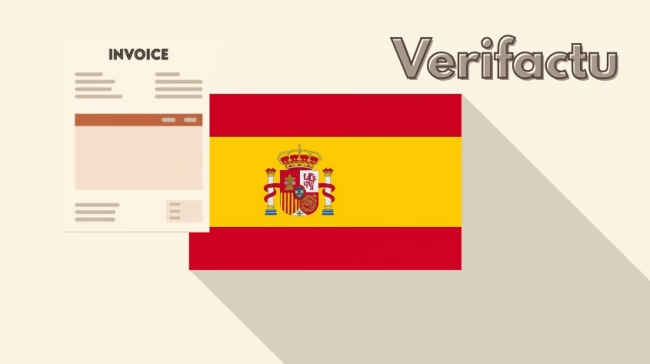
Verifactu in Spain: the new invoicing obligation
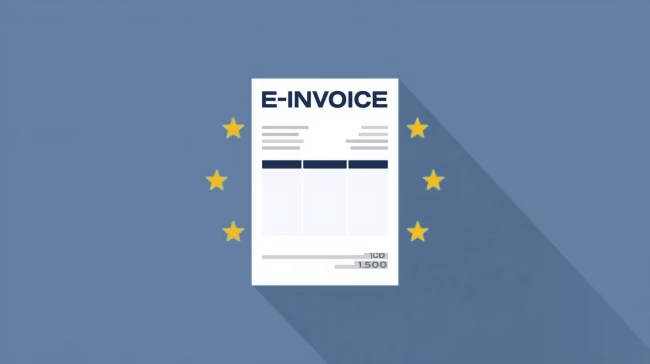
The e-invoicing regulations in Europe

E-bill 2025 FAQs

Preparation for the introduction of CKS.EINVOICE

E-invoicing - The flexible EN 16931 standard

E-Invoice master data and settings in SAP Business One

Archiving of e-invoices

International e-invoices: differences and global developments

MariProject / Tool for e-invoicing

